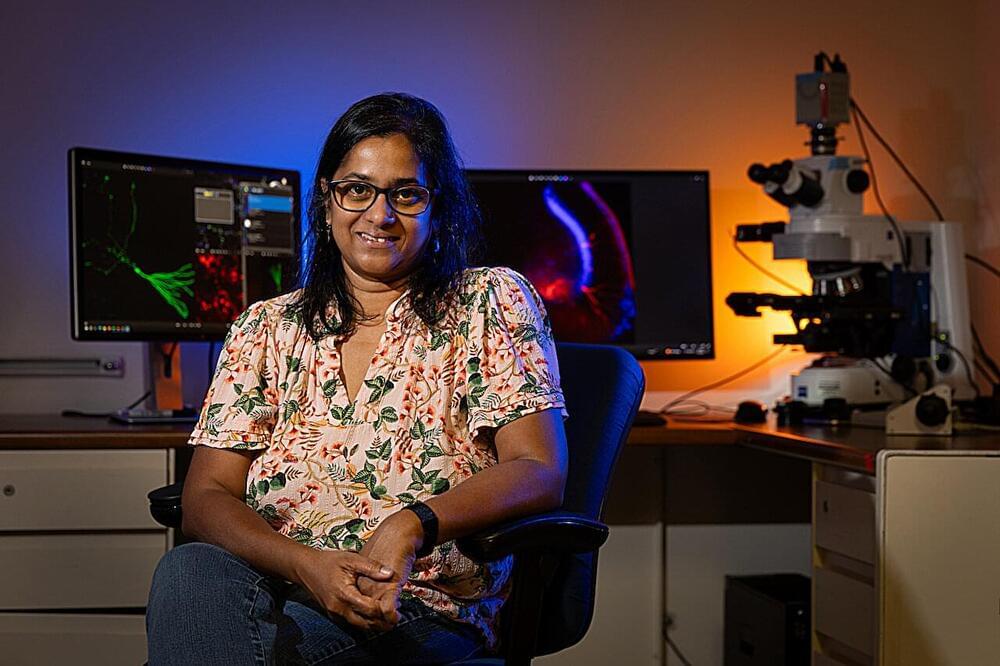The gene neuropilin2 encodes a receptor involved in cell-cell interactions in the brain and plays a key role in regulating the development of neural circuits. Neuropilin2 controls migration of inhibitory neurons as well as the formation and maintenance of synaptic connections in excitatory neurons—two crucial components of brain activity.
A study led by neuroscientist Viji Santhakumar at the University of California, Riverside, and collaborators at Rutgers University in Newark, New Jersey, now offers insights into how this gene contributes to the development of behavioral changes associated with autism spectrum disorder and epilepsy.
The study, published in Molecular Psychiatry, offers a pathway for future treatments aimed at alleviating some challenging symptoms of these frequently co-occurring conditions.









Leave a reply